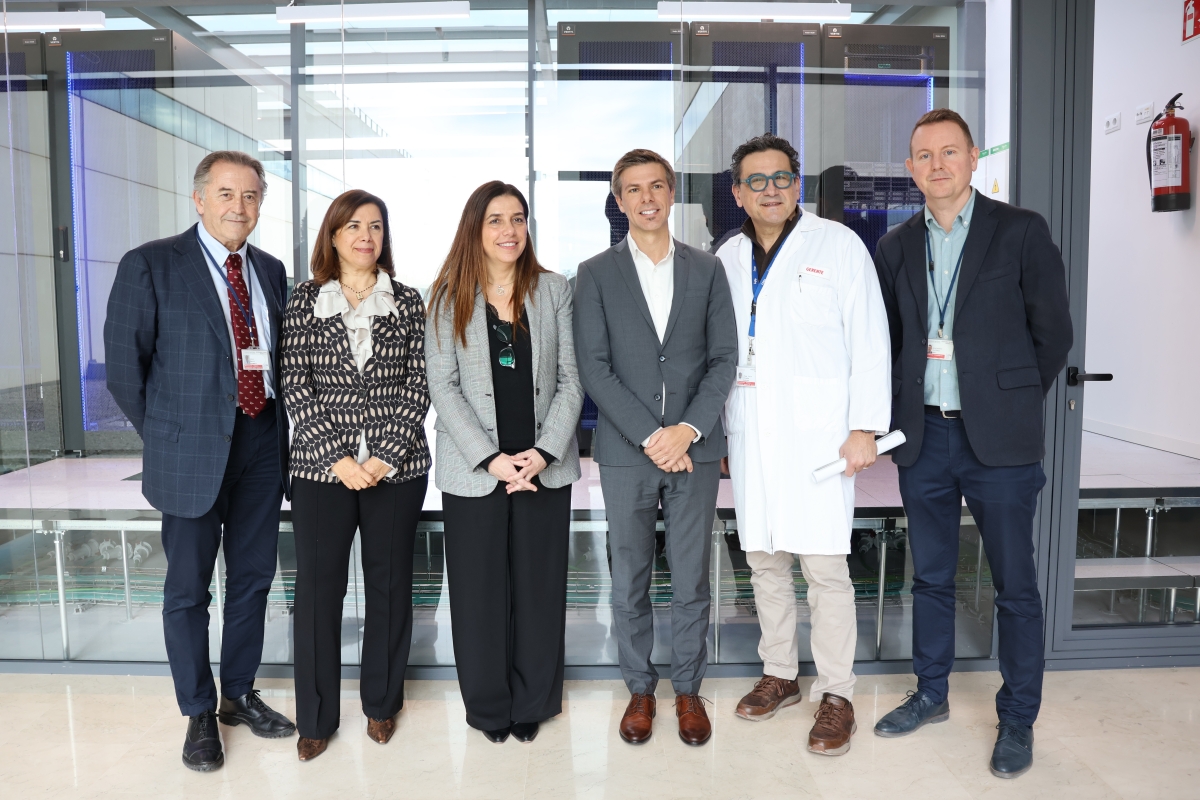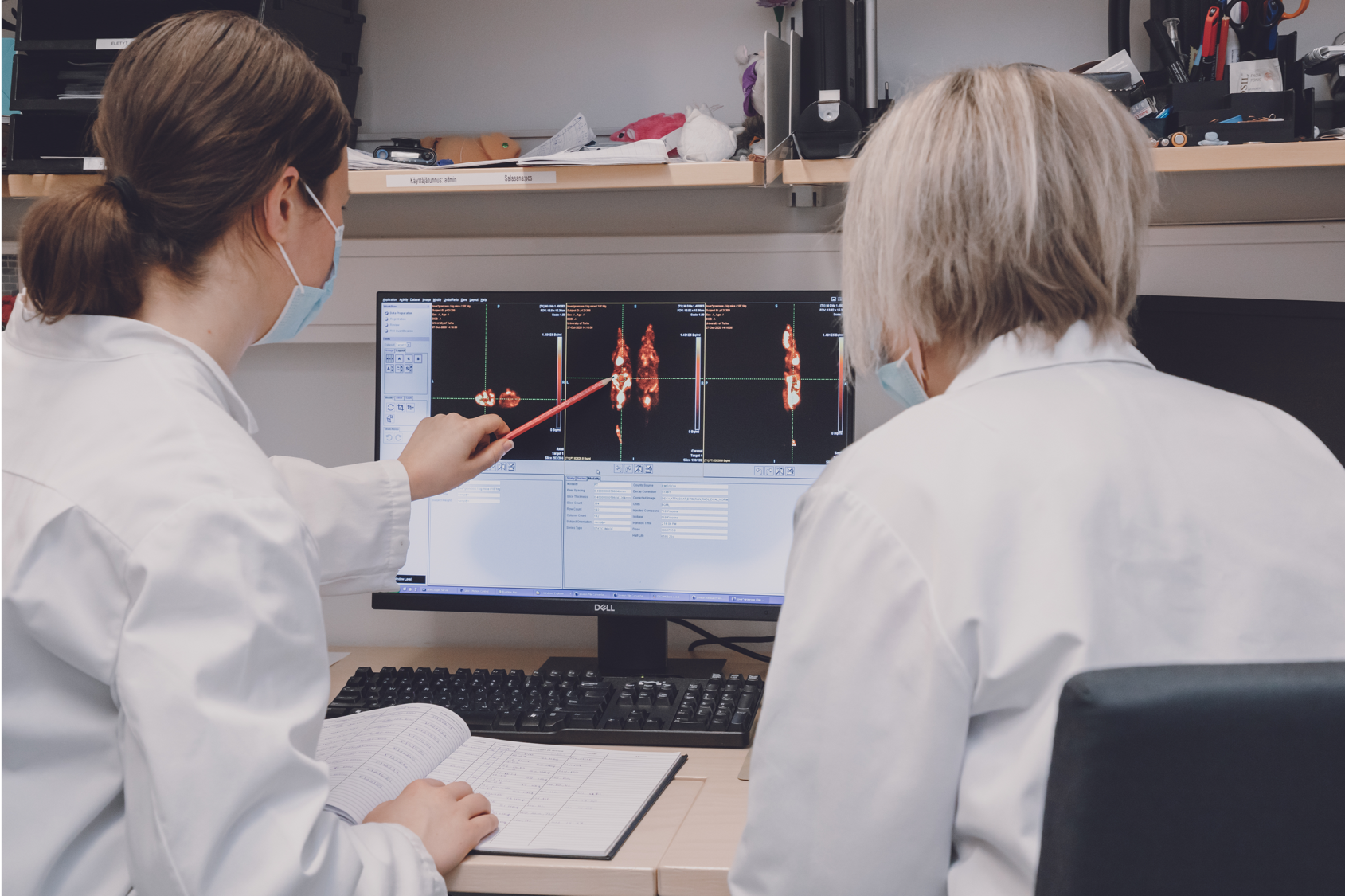
February 13, 2026
Euro-BioImaging at 3C-CoDash Hackathon
Bugra Oezdemir, our image data tools specialist from the Euro-BioImaging Bio-Hub team, had the pleasure of co-leading a session at the Data Science 3C-CoDash…
Trying to understand optimum growth conditions for small to mid-size crop plants? Studying the impact of drought and other climate factors? Need to perform non-invasive, morphometric and physiological high-throughput phenotyping? We spoke to Jakub Jez, Head of the Vienna BioCenter Core Facilities GmbH - Plant Sciences Facility, part of Austrian BioImaging/CMI Node , to learn more about PHENOPlant, an automated, multi-sensor, high-throughput plant phenotyping platform (PHENOPlant), that is available to plant biologists in open access via the Euro-BioImaging Proof-of-Concept study.
Please provide a short summary of this type of imaging and list some applications
Jakub Jez: The PHENOPlant research infrastructure (RI) is designed for non-invasive, morphometric and physiological high-throughput phenotyping of small plants (e.g. Arabidopsis) and mid-size crop plants (e.g. wheat, barley).
The system can process samples on agar-plates and different type of pots ranging from 250mL up to 5L and is fully integrated into a state-of-the-art walk-in phytotron providing highly controlled plant growth conditions. Furthermore, the platform facilitates precise environmental (live) simulations across different climate zones as well as controlled plant stress experiments (cold- or heat stress).
How does it work?
Plants are transported on conveyor belts from the growth area to the imaging cabinets equipped with state-of-the-art sensors including multi-excitation PAM kinetic chlorophyll fluorescence imaging, RGB, hyperspectral imaging (VNIR & SWIR), thermal imaging and 3D scanning.
Following the imaging process, the soil water content is adjusted by an automated, gravimetric watering system, facilitating highly controlled drought stress experiments.
Potential applications are basic and applied plant research questions where objective, reproducible and high-throughput phenotype assessment (morphology and physiology) is requested. This includes abiotic- and biotic stress response (e.g. drought, cold, heat light, salt, pathogens), plant breeding, but also testing of e.g. fertiliser, biostimulants, herbicides.
Watch the video:
How to access:
PHENOPlant is part of the Vienna BioCenter Core Facilities (VBCF), part of the Austrian BioImaging Node of Euro-BioImaging, which are operating in a fee4service mode. The VBCF general terms and conditions do apply. PHENOPlant access process can be initiated via mail to the facility head or online via the Euro-BioImaging Web portal. After an initial online, or in person meeting, the feasibility will be assessed and the project approved or rejected. Access is granted on a first-come first-served basis. Following detailed project discussions result in an elaborated and finally approved experiment design and the physical start of the experiment. This service can be organised in a highly collaborative way or outsourced to the facility staff (full service, from seed to data).
Visit the website: https://www.viennabiocenter.org/vbcf/plant-sciences/phenoplant/

February 13, 2026
Bugra Oezdemir, our image data tools specialist from the Euro-BioImaging Bio-Hub team, had the pleasure of co-leading a session at the Data Science 3C-CoDash…

February 12, 2026
The IIS La Fe (Instituto de Investigación Sanitaria La Fe) in Valencia, hosting the Euro-BioImaging Radiology and Medical Imaging Valencia Node, has inaugurated…

February 11, 2026
Today is the International Day of Women and Girls in Science. And tomorrow. And the day after that. The images below show our everyday.